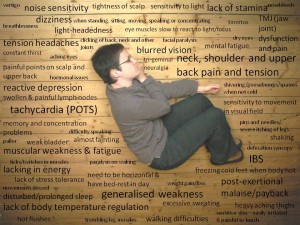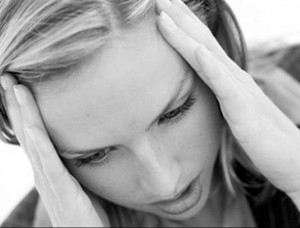 Everyone of us, teens or adults have felt our body and mind react to stress. Some people will tell you that they hold it in and keep their feelings to themselves, while others wear their feelings on their sleeves. Either way we know when we are stressed out.
Everyone of us, teens or adults have felt our body and mind react to stress. Some people will tell you that they hold it in and keep their feelings to themselves, while others wear their feelings on their sleeves. Either way we know when we are stressed out.
While there are some things that seems to stress everyone out, there may be things that stress you out and not another person. Some may be stressed out about political subjects or environmental issues while another may not even think about them. Some have a lot of drama in their life or are stressed by circumstances that are surrounding them. No matter what we personally stress about, when we are in the worst of the moment we feel it in our body and mind.
Our reactions to being overwhelmed and anxious may appear differently on the outside to others. Here are some ways you may be able to recognized stress in yourself or in one of your friends or family.

1. Feeling or acting out in anger. If you find yourself snapping at others, getting in arguments with those around you. If you have a friend that starts acting this way, they may be stressed out.
2. Sleep patterns. Either not being able to sleep or wanting to sleep all the time, either way is your body telling you that something is wrong and stress may be a part of the issue.
3. Health problems. If all of a sudden you are getting headaches, stomach problems or colds that may be a sign of stress. I knew a young girl who lost her father who developed an acute case of cholitis. It was real but came on due to stress.
4. Withdrawal from others. If you or a friend starts withdrawing from friends and or family and wants to be alone, they may be really feeling overwhelmed. Or they may withdraw from important responsibilities to play games, be on the internet, watch TV or other escapist behaviors and may be seeming to have fun – but if they may also be avoiding something due to stress
5. Overwhelmed feelings. These feelings of being overwhelmed and anxious may lead to panic attacks or feeling constantly on edge. Sometimes the feelings may manifest themselves with crying for no apparent reason or just being sad.
6. Using drugs, alcohol, or smoking. If someone takes these habits up it may be a signal that something more is going on and stress may be a part of that.
7. Feelings of depression. Stress can lead to feeling hopeless, useless and like there is no way out. Sometimes this can lead to a person hurting themselves and may be manifested in cutting or the use of drugs or alcohol and can lead to a person having thoughts of ending their life in suicide.
These are all signals that you or your friend needs help and support from those that care and love you. If you have seen this in yourself or in others it would be kind to do the following for yourself or your friend.
Talk or Question:
Am I feeling overwhelmed, anxious upset or stressed out?
How is this feeling affecting me or my friend?
How are the feelings affecting my relationships with those important to me?
Persuade yourself to take action:
If you are feeling this way and can talk to someone who can support you and help Do So.
If you have a friend that is going through this be there for them.
Encourage them to seek help from those that care about them. It may be a family member or it could be a teacher or counselor.
Refer yourself or the other person to an adult.
You may not feel qualified to really help the other person. But you may be able to help them find someone that they trust and can talk to. Do not be afraid to express yourself to their parents or other family member about your concern. Stress can be debilitating and getting help can give us the support and strength we need to get over this hump.
Recognizing the signs of stress is the first step in relieving the symptoms and getting to and solving the root issues. Do it for yourself – Be there for your friends and family – Help yourself and others get back on the track of a healthy life.




